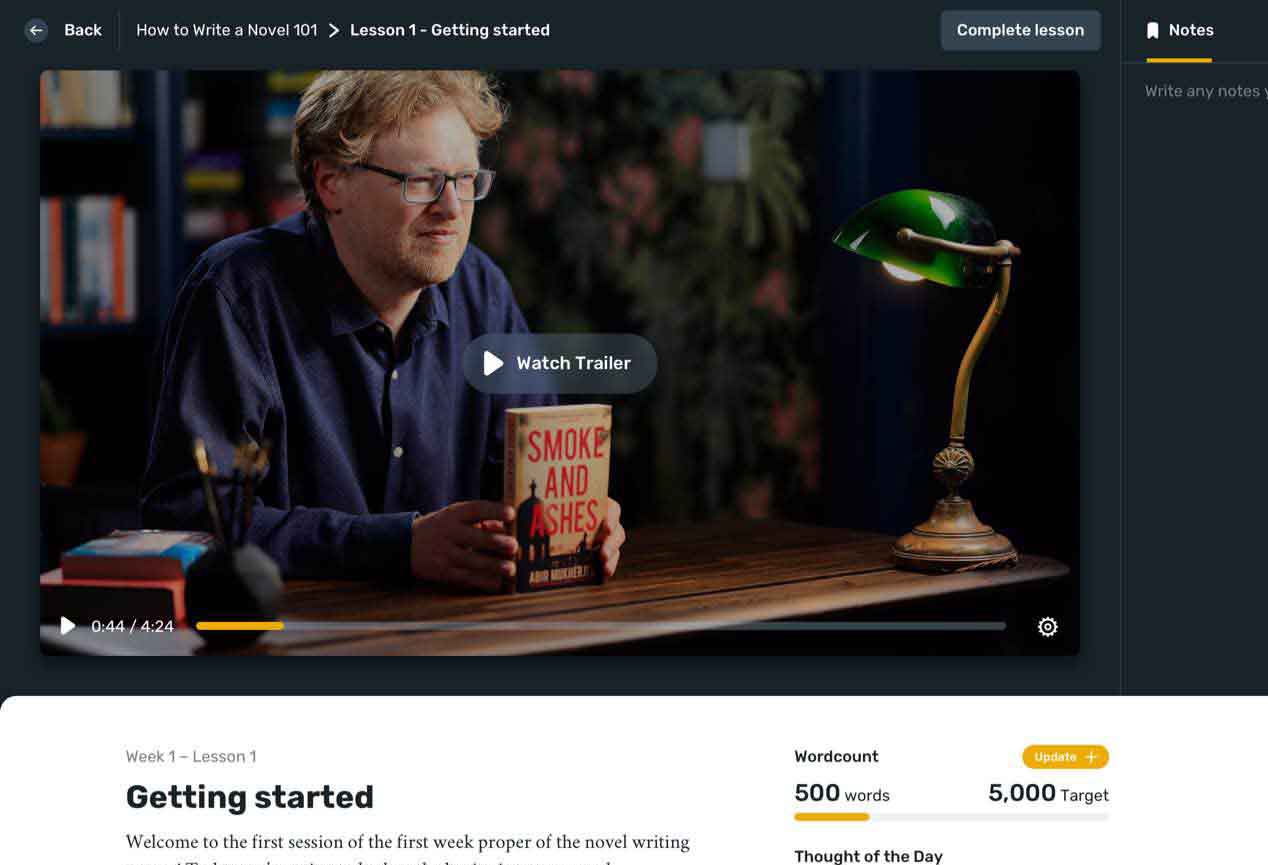Find the perfect editor for your next book
Over 1 million authors trust the professionals on Reedsy. Come meet them.
If you haven't already, write a rough synopsis of where your story might be headed. If you already have a pretty good idea of this, but feel stuck trying to get there, try writing a brief "alternate timeline" of the story you have in mind. Are there fixed, important events that happen in your story? What would happen if your characters made different decisions in those crucial moments?
Feel inspired? Share your story below.
Get your creative juices flowing with these similar writing prompts.
Pick up one of your favorite novels. Open it to a random page. Whatever chapter you land on, rewrite it your own way. Take it in a totally different direction than how it actually plays out in the book.
In a "Choose Your Adventure" book, you are forced to make a decision at each and every plot point. The decisions you make will take you down diverging paths and dictate your eventual fate. Try this if you're stuck on a plot development detail in your story. Sketch out the two different paths that a character can experience from one plot point, depending on what action he or she chooses to take.
Write a list of images you associate with your theme. Now do the same for each of your main characters. Keep these images in mind as a way to present your theme metaphorically through symbolic motifs.

NEW VIDEO COURSE
How to Write a Novel
Your story matters. Unlock your potential with daily video lessons from bestselling ghostwriter Tom Bromley, and finish your first draft in just 3 months.Learn more →
Sometimes writers think up a character and jump straight into writing, without fully fleshing out the concept at a foundational level. This then means they falter and end up writing a very confused draft. I call this 'The Story Swamp.'Avoid The Story Swamp by writing a 'logline' or 'pitch' of approximately 25-60 words. This logline should cover what B2W calls The 3 Cs:Character: Who is your protagonist? What does s/he need or want?Conflict: Who is the antagonist? Why does s/he want to stop or counter your protagonist? What other obstacles are in your protagonist's way?Clarity: Do we know what genre or type of story this is? Are you using familiar or clich_d language? Are your word choices too vague?
If you haven't already, write a rough synopsis of where your story might be headed. If you already have a pretty good idea of this, but feel stuck trying to get there, try writing a brief "alternate timeline" of the story you have in mind. Are there fixed, important events that happen in your story? What would happen if your characters made different decisions in those crucial moments?